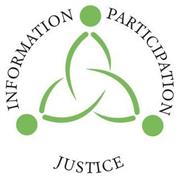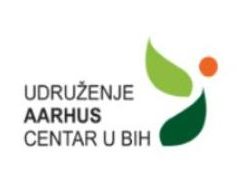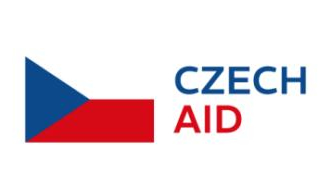Aarhus Convention (Convention on Access to Information, Public Participation in Decision-making and Access to Justice in matters concerning the environment) is an international treaty that links the area of environmental protection and human rights. The Aarhus Convention was adopted on the initiative of the United Nations Economic Commission for Europe (www.unece.org) at the Fourth Ministerial Conference "Environment for Europe" held on 08.25.1998. in the city of Aarhus, Denmark.
Bosnia and Herzegovina has ratified the Convention on 15.9.2008, becoming the 42nd signatory of the Convention, thus committing to its implementation and reporting on implementation.
The essence of the Aarhus Convention can be described in one sentence: "Every person has the right to be informed, to be involved in decision-making and to have access to justice in environmental matters". The Aarhus Convention is based on three pillars, namely, provide three fundamental rights of citizens and non-governmental organizations:


- Access to information
- Public participation in decision-making
- Access to justice













